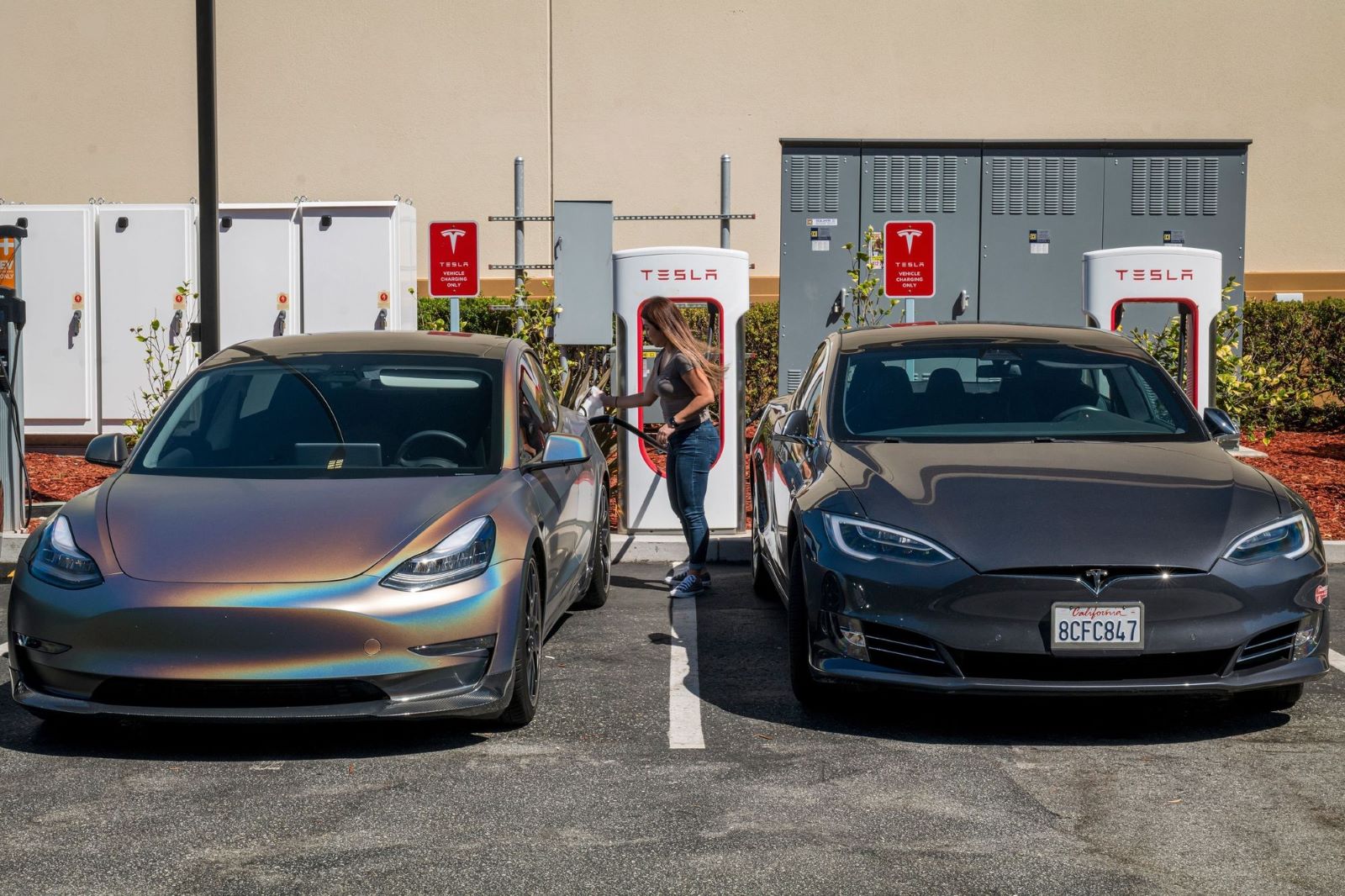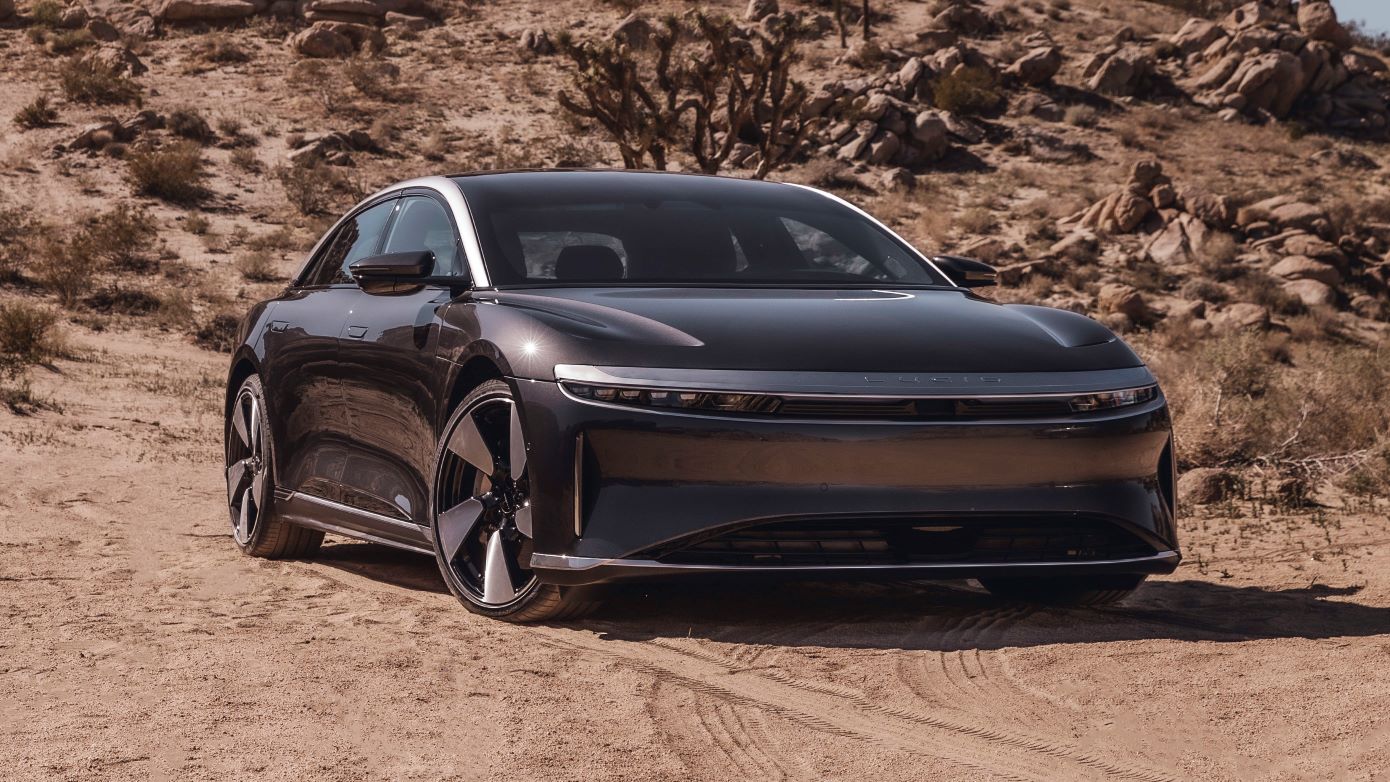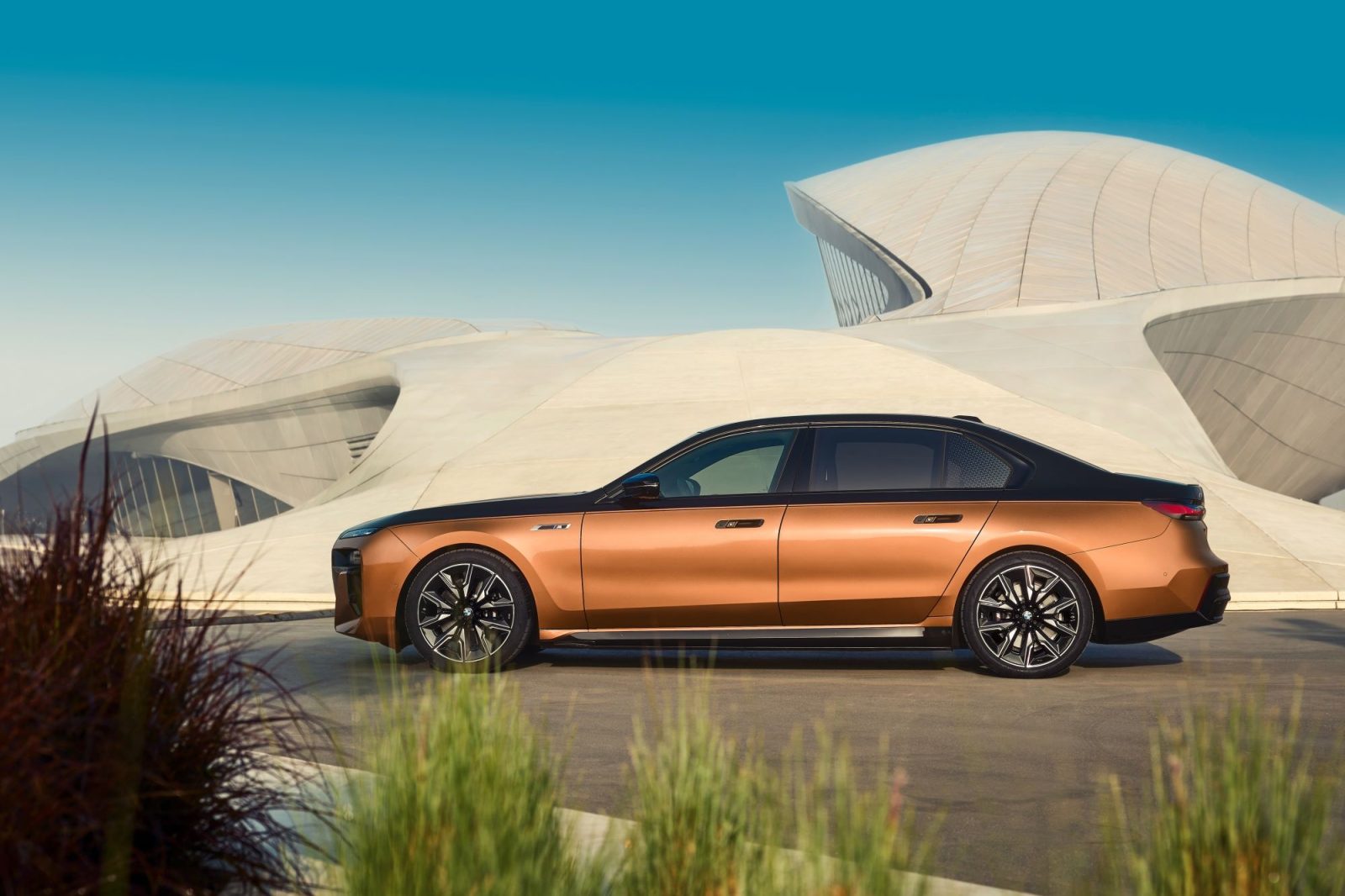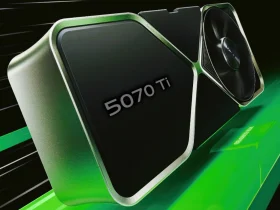The Biden administration has introduced new regulations stipulating that Americans purchasing electric vehicles (EVs) cannot claim federal tax credits of up to $7,500 if their vehicles contain Chinese materials.
This decision, rooted in a significant 2022 climate law, aims to reduce the United States’ reliance on clean-energy components sourced from China.
The finalized rule from the Treasury Department formalizes a draft rule from December, which significantly restricted the number of EVs qualifying for the tax credit.
Presently, only 22 out of over 110 EV models available in the U.S. meet the criteria for the credit, according to data from the Alliance for Automotive Innovation.

This announcement coincides with broader challenges facing the EV sector nationwide. Despite earlier momentum, U.S. EV sales growth has slowed recently, with Tesla CEO Elon Musk announcing layoffs in the Supercharger division, creating uncertainties for other automakers’ plans to utilize Tesla’s expansive charging network.
The new regulation highlights the Biden administration’s dual challenge of promoting the nation’s energy transition while reducing dependence on Chinese firms.
With China controlling key stages of supply chains for EV batteries and other green technologies crucial for combating climate change, the pace of transitioning away from these supply chains carries significant implications for U.S. climate goals and national security.
Critics, including lawmakers from both parties, accuse the administration of prioritizing climate objectives over the imperative to reduce reliance on China. Sen. Joe Manchin III expressed concerns, stating that the administration effectively endorses products “Made in China.”

However, John D. Podesta, senior adviser to the president for international climate policy, defended the administration’s stance, emphasizing the importance of building EVs in America with components sourced domestically or from allied countries.
Under the final rule, EVs lose eligibility for the tax credit if they contain battery components manufactured or assembled by Chinese firms. Beginning in 2025, the restrictions will extend to critical minerals in EV batteries sourced from Chinese entities.
The rule’s impact extends beyond consumer incentives, potentially affecting the pace of EV adoption. However, some relief is provided, allowing automakers to continue purchasing Chinese graphite until 2027 without jeopardizing eligibility for subsidies.
This concession addresses concerns raised by major automakers about potential disruptions to the EV market.
Ford, for instance, is assessing the final rule’s implications, emphasizing its commitment to strengthening American supply chains and creating jobs in line with national interests and the objectives of the Inflation Reduction Act.







Leave a Reply